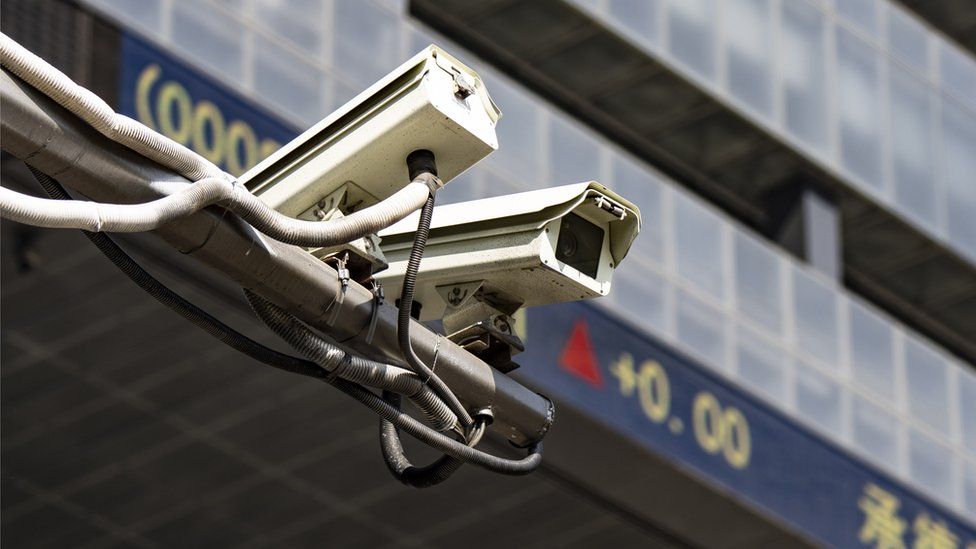-

-
-
Loading

Loading

The Chinese government has implemented new measures requiring certain developers to install monitoring equipment at their projects. These rules apply to companies that have received at least 30 million yuan ($4.2 million) of government funding. The move is part of the government's efforts to support the crisis-hit property industry and ensure that funds provided to struggling developers are being used for their intended purposes. The National Development and Reform Commission (NDRC) stated that the surveillance rules are important to strengthen investment supervision and improve the effectiveness of government investment. Under these measures, security devices such as surveillance cameras, drones, or satellite equipment must be used to monitor projects, if conditions allow. This initiative aligns with China's goal of building the world's largest camera surveillance network. While some see the new rules as a desperate attempt by authorities to oversee state-sponsored projects, others believe it could have positive effects on performance and social achievement. However, due to widespread surveillance across the country, the move is not expected to generate much backlash. In addition to implementing surveillance, developers are also encouraged to use big data and other technologies to quickly detect any problems. The Chinese property market is currently facing severe difficulties, as highlighted by the liquidation order of debt-laden developer Evergrande. The property sector is crucial to China's economy, accounting for a quarter of the world's second-largest economy. To address the financing difficulties faced by real estate projects, China's housing ministry has announced plans to offer more bailout loans. The central bank has also made significant cuts to mandatory reserves for banks to free up funds to support the economy. The troubles in the property sector have led to project delays and millions of vacant units, which could potentially impact economic growth and financial stability. Beijing aims to address public concerns and ensure social stability by taking measures to support the property market and address frustrations expressed by buyers on social media platforms.